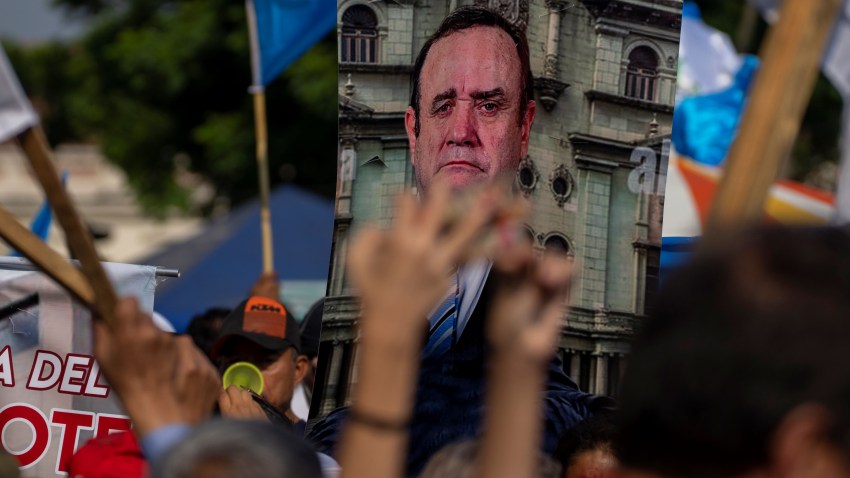In Guatemala’s upcoming presidential election on June 25, the incumbent party will lose, but change is not on the ballot. President Alejandro Giammattei cannot run for reelection, and he is so unpopular that he would almost certainly be rejected by an embarrassingly large number of voters in the first round if he could. The candidate for his conservative Vamos party, Manuel Conde, currently polls around 5 percent support and has little hope of winning more votes in the final weeks of the campaign.
There is a fairly good reason for Guatemala’s citizens to want change. A significant portion of the country lives in poverty, with an estimated two-thirds of the population living on less than $2 per day. According to the World Food Program, 46 percent of Guatemala’s children under five years of age suffer from stunting, a lack of growth due to malnutrition. It’s the worst rate in the hemisphere and one of the highest rates in the world, and it disproportionately impacts rural and Indigenous communities. A multiyear drought has made subsistence farming unviable, a dire problem that will be exacerbated in the short term by El Nino and in the long term by climate change.
Yet the country’s political class consistently looks out for its own interests rather than addressing any of those problems. Exemplifying the problem, protesters set fire to Congress three years ago after the body passed a budget increasing legislators’ meal allowances while cutting subsidies for school lunches.

